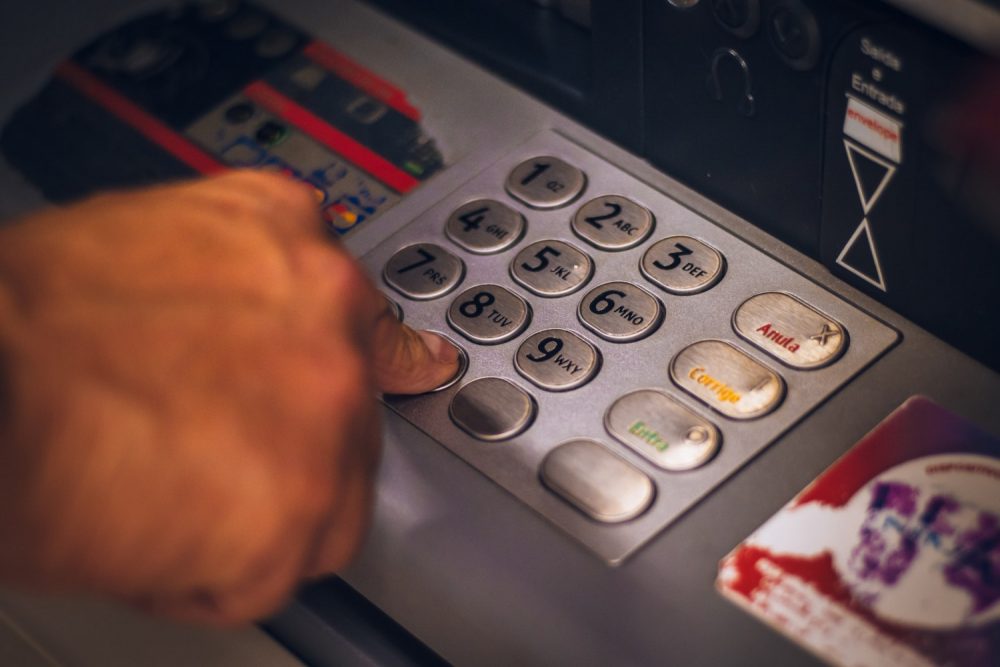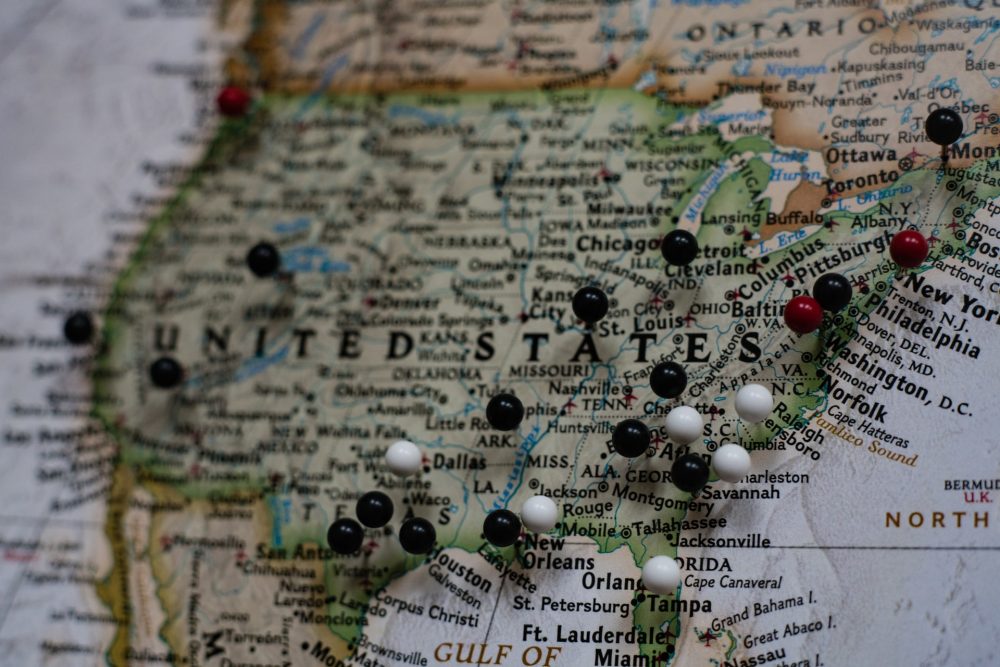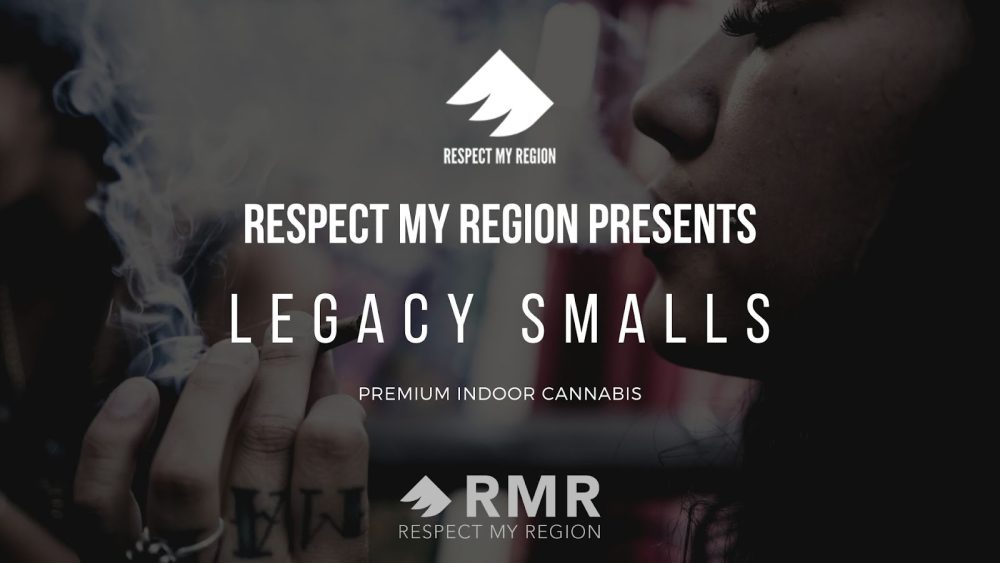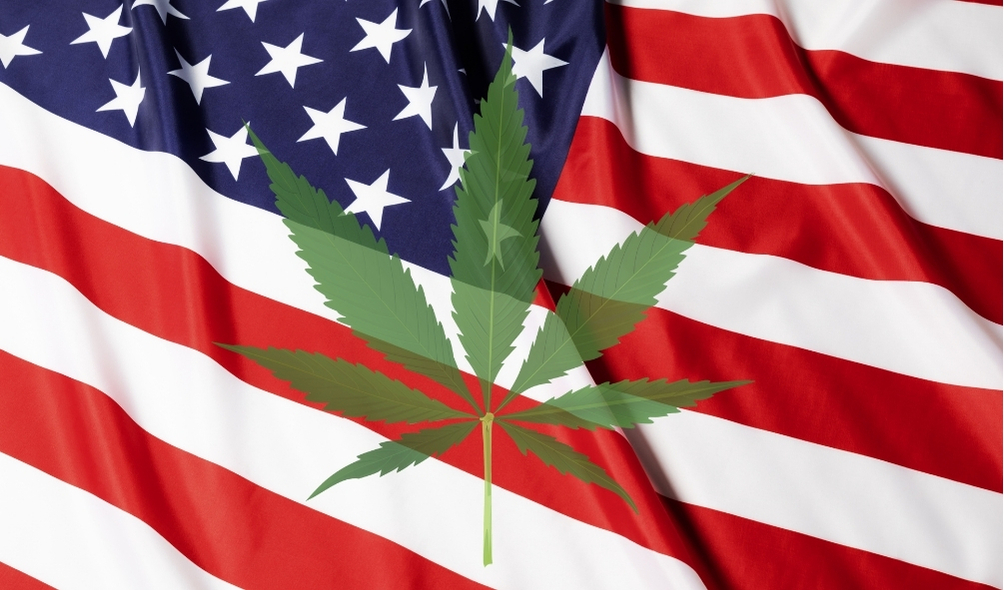The idea of federally legal cannabis seemed like a pipe dream a few decades ago. Looking back even ten years, the future seemed bleak. Now, within the last several months, we’ve seen four new states adopt legal cannabis programs. Keep in mind that it took 80 years to even get the first twelve states. Following the current trend, we may see all states legalize cannabis within the next few years. The dominoes are falling and it’s worth exploring the notion of national legalization and what that future may look like for the cannabis industry.
A few new markets opening up for legal cannabis are currently presenting a greater possibility. This possibility entices big money to really start investing which may propel more states to legalize. Similarly, there are a handful of barriers to banking that may also play a role in national legalization if lifted. All the while, destigmatization is rapidly increasing as the normalization of products like Delta-8 vapes and hemp CBD products continues. On top of it all, more and more celebrities are joining the ranks of ownership or joint-ownership in the space. It’s undeniable that the business of cannabis is growing at a rapid rate.
We connected with David Abernathy from The Arcview Group, a vertically integrated company servicing the cannabis and hemp industry, and Graham Farrar, the Co-founder and President of Glass House Brands Inc., a vertically-integrated California-focused cannabis operator, to talk about growing at scale, equity programs, safe banking, MSOs, and the culture of connoisseurship.

New York & Equity Programs
New York has been working behind the scenes for a long time on its recreational cannabis program. It’s not a legacy cannabis state, but it’s going to be a huge market. David Abernathy from The Arcview Group said that “it’s one of the most important states in the country from a financial perspective. New York investors are starting to look differently at opportunities in cannabis.”
He believes that as states legalize adult cannabis use, citizens of that state begin to learn a lot more about the industry and the plant. “States that don’t have legal cannabis usually have a lot of fear, hesitation, and unknown. So much capital is concentrated in New York and these investors are going to gain a different perspective on cannabis which will have major ramifications on the market as a whole,” David said.
In the realm of social equity, New York has been vocal about its desire to stimulate more equity programs in its new market. Social equity is a tough issue that’s hard for people to get right. Cannabis has historically been used to incriminate BIPOC, and the legal market is already predominantly owned by white males.
David said, “even with social equity licenses many people that receive them simply don’t have the funding to operate.” Arcview is seeking to provide assistance and programs that allow “non-predatory capital.” This makes sure that businesses are funded, but not in a way that extracts profits from the local community. As we edge closer to national legalization, we believe that groups like Arcview will continue to seek out ways to stimulate equity programs.

Safe Banking
The SAFE Banking Act has proposed legislation regarding the disposition of funds gained through the cannabis industry in the United States. The SAFE Banking Act would allow financial institutions to provide services to cannabis clients without fear of federal penalties. This would happen by establishing a safe harbor for depository institutions doing business with cannabis clients.
If we get federal legalization before the SAFE Banking Act, then it wouldn’t matter as much. David said that “there are a lot of major financial institutions sitting on the sidelines until they see a bigger opening opportunity.”
“When you look at the Candian market, which legalized nationally, we saw large-scale investments and valuations. There was so much pent-up excitement that led to overvalued companies,” David told me.
David believes that when the US legalizes cannabis, there will be a “complete frenzy of people looking to invest into whatever cannabis company they can.” But rather quickly after, we’ll see a market correction.

MSOs & Interstate Commerce
One of the biggest concerns of the industry when it comes to national legalization is the threat of Multi-State Operators. David believes that “New York will be a mixture of localized companies and MSOs.” “New York has a strong culture that’s a mix of so many strong subcultures. There’s a real opportunity for local brands to tap into these cultures. It will be very hard for MSOs to break into these.” We may see the same trends with other states as they adopt adult-use cannabis programs. It’s undeniable though that MSOs have entire teams devoted to furthering efforts out-of-state, and are poised and ready to expand.
This is where Graham from Glass House Brands had a few things to say about interstate commerce. Glass House Brands Inc. is one of the largest cannabis companies in California. Glass House Farms, the company’s flagship brand, is one of the state’s top 5 flower labels. They are one of the largest cannabis companies in California. It currently oversees more than 500,000 square feet of cultivation space and produces more than 110,000 pounds of dried flowers.
The Demand For California Cannabis
After a recent merger with Southern California Greenhouse, Glass House will gain 5.5 million square feet of cultivation space and is now valued in the hundreds of millions of dollars. “People are going to want cannabis from California,” Graham said. “California is almost as big as the next 3 biggest markets combined.” We will see the desire for California cannabis continue to spread across the US. This may result in large companies like Glass House white-labeling or wholesaling flower for out-of-state operators.
“States on the West Coast will want interstate commerce while other states will look to block it. I don’t think federal legalization will instantly legalize cannabis across the country. I see this rolling out like post-prohibition where states have choices.”
David Abernathy, Arcview Group
It may seem obvious but for those that are confused by the previous statement, states that have the most to gain from interstate commerce will push for it and those where investments are at risk will seek to prolong the inevitable.
Producing quality cannabis at scale will make the most sense both financially and from a branding perspective in select markets. Other states will face hurdles with the cost of power, land, labor, and access to water. We’ve already seen the alcohol and tobacco industries spend exorbitant amounts of money lobbying against legalization. This was until they had investment opportunities in place to benefit from the shifting landscape. We’ve witnessed a trend where large-scale MSO’s invest their dollars into emerging markets. They’re avoiding the West Coast and then lobbying to keep regulation to their benefit. Basically following the money on who’s fighting against home grows in many states, for example.

The Culture of Connoisseurship
In the same vein as craft beer, cannabis might take a similar seat as national legalization becomes more tangible. We’ve seen operators that have been successful at steadily growing large cannabis farms. Once they reach a relatively large scale, it’s not as hard to go further. Glass House Farms is a prime example of a company that started out big, and was able to quickly scale as funding grew. David said, “You’re not going to be able to produce high-quality cannabis at a mega-size scale.” This provides opportunities for those that grow smaller batch/craft cannabis.
There is much speculation that a particular geographic area will reign supreme in the cannabis cultivation market across the country. Quality cannabis can be grown anywhere in a variety of ways. Califonia, though, has lead the movement, culture, and genetic breeding trends for many years in the United States. Graham mentions “You can grow great cannabis everywhere. The reality is we can see from history and the illicit market, California cannabis is the most desired area for cannabis.” We can’t help but imagine that “Grown In California” will be a popular phrase on product shelves.
National legalization will open up opportunities for more high-end, expensive products, as well as unique innovations in the space. David told us that “more consumers are looking for the most ‘bang for your buck’ products right now, but that’s not how most markets [outside cannabis] look.” The majority of alcohol consumers aren’t necessarily looking for the cheapest booze with the highest alcohol percentage.
Concluding, David said, “most people look at brands they identify with or tastes they enjoy. The way people are shopping for cannabis evolves as the market evolves.” We believe that as national legalization looms, there will be a space for everyone to carve out their own niche as we head into a more “mature” market.

Growing At Scale
One of the biggest hurdles of legal cannabis has been building out a supply chain that’s never existed. What was once cultivated in hidden garages is now being rolled out to medium and large-scale commercial facilities. Pre-recreation, we’ve never seen what it takes to do any part of the cultivation process at this scale.
Abernathy mentioned that it’s much harder going from 1000 square feet to 20 thousand square feet than it is to go from 50 thousand square feet to 150 thousand square feet. Farrar echoed Abernathy’s statement telling us that at this point Glass House has their systems, operations, and processes down at 500 thousand square feet of cultivation, which is quite “large scale” with respect to the current state of the industry, so doubling more resembles copy and pasting than starting from square one.
The recreational cannabis industry is growing at a similar rate as public perception of cannabis has grown. Over two-thirds of the American public want to see cannabis legalized. Most would agree that we should stop spending taxpayer dollars policing a substance that’s legal in some states and illegal in others. Not to mention the extra 100s of millions in tax revenue legalization brings. While we can’t foresee when the future will arrive, I think it’s a safe bet we can say the future will hold federal legalization of cannabis.
RAPPER WEED: WHICH RAPPERS HAVE CANNABIS PRODUCTS IN THE MARKET?
10 UNDERRATED FEMALE RAPPERS YOU SHOULD LISTEN TO RIGHT NOW
9 RAPPERS FROM DETROIT YOU NEED TO KNOW THIS YEAR








